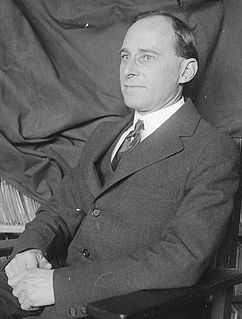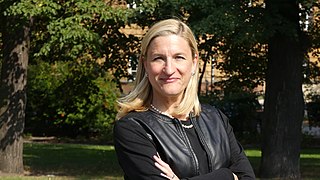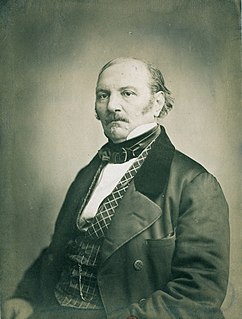A Quote by Arthur Guiterman
When "Do no Evil" has been understood, Then learn the harder, braver rule, "Do Good.
Related Quotes
This is a world of good and evil. Wherever there is good, evil follows, but beyond and behind all these manifestations, all these contradictions, the Vedanta finds out that Unity. It says, "Give up what is evil and give up what is good." What remains then? Behind good and evil stands something which is yours, the real you, beyond every evil, and beyond every good too, and it is that which is manifesting itself as good and bad. Know that first, and then and then alone you will be a true optimist, and not before; for then you will be able to control everything.
My rule has been, so far as I could have any rule (I could have no cast-iron rule) - my rule has been, to write what I have to say the best way I can - then lay it aside - taking it up again after some time and reading it afresh - the mind new to it. If there's no jar in the new reading, well and good - that's sufficient for me.
The choice before human beings, is not, as a rule , between good and evil but between two evils. You can let the Nazis rule the world : that is evil; or you can overthrow them by war , which is also evil. There is no other choice before you, and whichever you choose you will not come out with clean hands.
My husband, Andrius, says that evil will rule until good men or women choose to act. I believe him. This testimony was written to create an absolute record, to speak in a world where our voices have been extinguished. These writing may shock or horrify you, but that is not my intention. It is my greatest hope that the pages in this jar stir your deepest well of human compassion. I hope they prompt you to do something, to tell somone. Only then can we ensure that this kind of evil is never allowed to repeat itself.
When one has once accepted and absorbed Evil, it no longer demands the unfitness of the means. The ulterior motives with which youabsorb and assimilate Evil are not your own but those of Evil.... Evil is whatever distracts. Evil knows of the Good, but Good does not know of Evil. Knowledge of oneself is something only Evil has. One means that Evil has is the dialogue.... One cannot pay Evil in installments--and one always keeps on trying to.
In the story of the Creation we read: ". . . And behold, it was very good." But, in the passage where Moses reproves Israel, the verse says: "See, I have set before thee this day life and good, and death and evil." Where did the evil come from? Evil too is good. It is the lowest rung of perfect goodness. If you do good deeds, even evil will become good; but if you sin, evil will really become evil.
Thus, then, stands the case. It is good, that authors should be remunerated; and the least exceptionable way of remunerating them is by a monopoly. Yet monopoly is an evil. For the sake of the good we must submit to the evil; but the evil ought not to last a day longer than is necessary for the purpose of securing the good.
God did not create the evil. He established the laws which are always good because he is good. The spirits would have been completely happy had they faithfully observed the law since the beginning. But, being free to make choices, the spirits have not properly obeyed them so that evil come as a consequence of this unwillingness. One can then say that good corresponds to everything which is in accordance with God's law while evil is everything which opposes it.


































